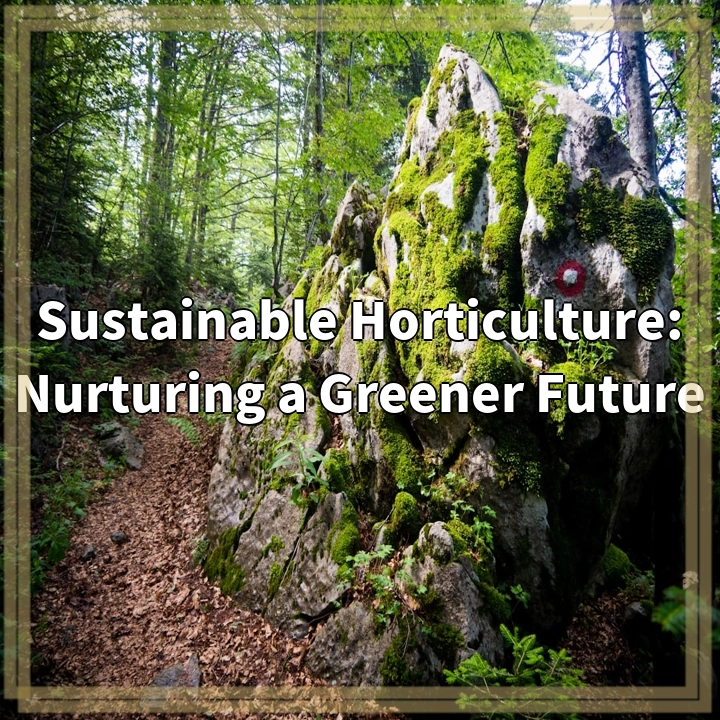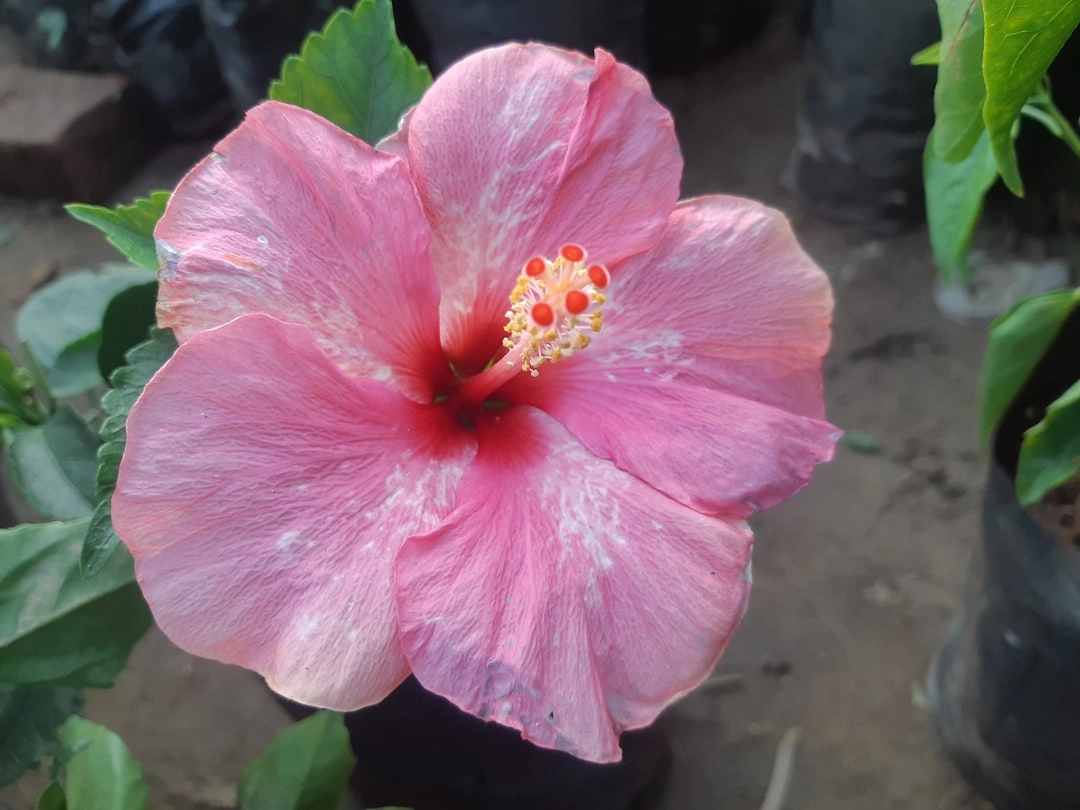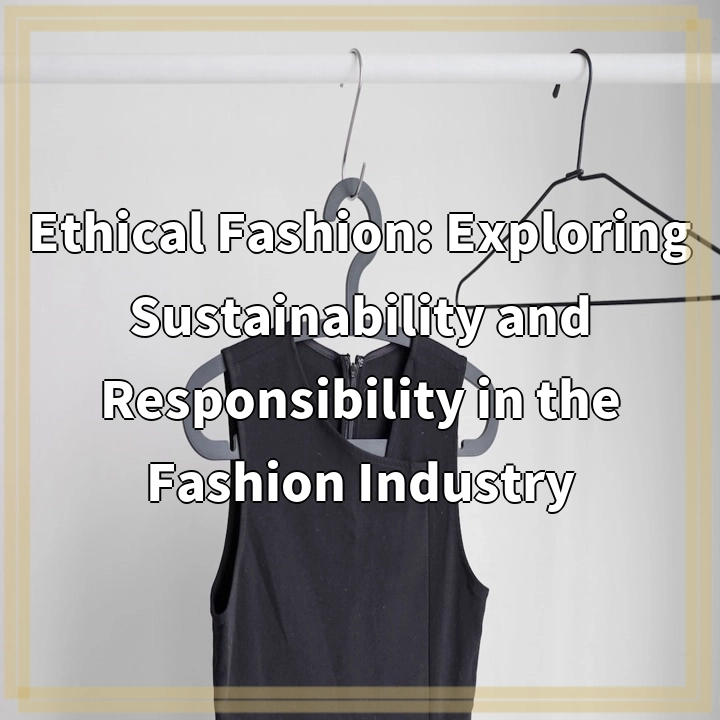
What is Sustainable Horticulture?
Sustainable horticulture is a practice that seeks to cultivate plants, flowers, and crops in an environmentally responsible manner. It involves the integration of sustainable principles and practices into all aspects of horticultural activities, from production to distribution and disposal.
Real-World Problems in Sustainable Horticulture
Sustainable horticulture faces several challenges and obstacles that need to be addressed in order to achieve a greener future. These include:
1. Pesticide Use:
Excessive pesticide use in horticulture can have negative impacts on human health, the environment, and beneficial organisms such as bees and other pollinators. Finding alternative pest control methods that are safe and effective is crucial in sustainable horticulture.
2. Water Management:
Water scarcity and inefficient irrigation practices pose significant challenges in sustainable horticulture. Finding innovative methods like drip irrigation and rainwater harvesting can help conserve water resources and minimize wastage.
3. Soil Health:
Poor soil quality and erosion can hamper the growth and productivity of horticultural crops. Implementing regenerative practices, such as cover cropping, composting, and soil conservation techniques, can help improve soil health and fertility.
4. Energy Consumption:
Horticultural activities consume significant amounts of energy, especially in greenhouse production and artificial lighting systems. Adopting renewable energy sources, energy-efficient technologies, and incorporating passive design principles can reduce energy consumption in horticulture.
5. Waste Management:
The horticulture industry generates a substantial amount of waste, including plant debris, packaging materials, and discarded plant products. Implementing proper waste management strategies such as composting, recycling, and responsible disposal can minimize the environmental impact.
By addressing these real-world problems, sustainable horticulture can pave the way for a greener and more environmentally conscious future, ensuring the long-term health and resilience of our ecosystems.

Solutions for Sustainable Horticulture
Sustainable horticulture offers several solutions to address the real-world problems mentioned earlier:
1. Integrated Pest Management (IPM):
Implementing IPM practices can reduce the reliance on pesticides. This approach involves monitoring pests, identifying thresholds, and utilizing a combination of techniques such as biological controls, cultural practices, and resistant plant varieties to manage pests effectively.
2. Efficient Irrigation Methods:
Adopting water-efficient irrigation methods like drip irrigation and micro-sprinklers can significantly reduce water consumption. Additionally, practicing proper scheduling and watering only when necessary can conserve water resources while ensuring optimal plant health.
3. Soil Conservation and Enhancement:
Taking steps to improve soil health is crucial in sustainable horticulture. This can involve implementing practices such as cover cropping, crop rotation, and composting to enhance soil fertility, structure, and moisture retention.
4. Renewable Energy Adoption:
Transitioning to renewable energy sources such as solar power can help minimize the carbon footprint of horticultural operations. Additionally, incorporating energy-efficient technologies and utilizing natural lighting can reduce energy consumption and costs.
5. Recycling and Composting:
Implementing effective waste management strategies like recycling packaging materials and composting plant debris can minimize waste generation and promote circular economy principles. The resulting compost can be used to enrich soil health and reduce the need for synthetic fertilizers.
By adopting these solutions, sustainable horticulture can minimize its environmental impact, conserve resources, protect biodiversity, and contribute to a greener future for generations to come.















